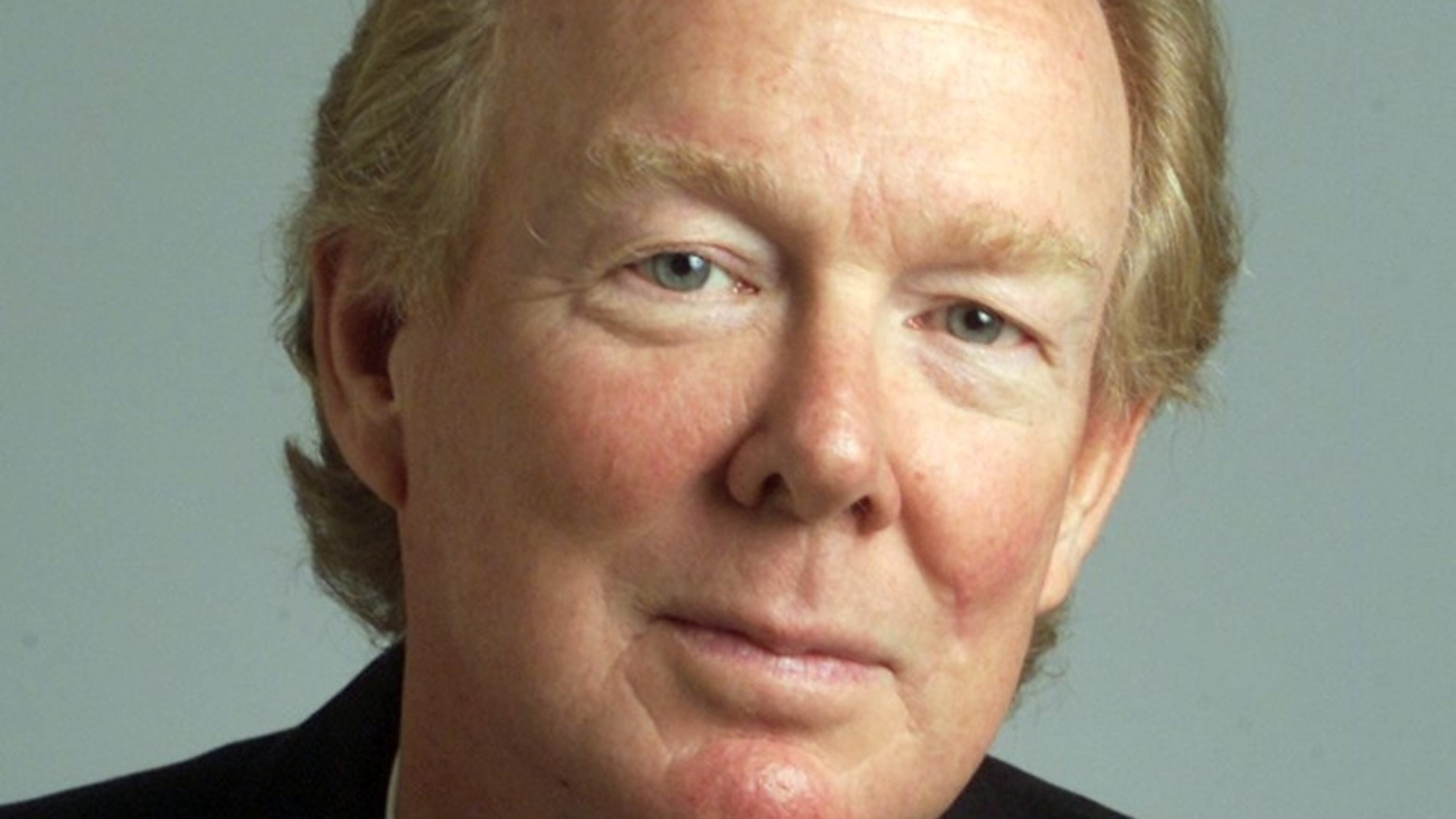Overcoming bad parenting

I was standing in the lobby of an auditorium in which I’d just spoken, talking with a small group of attendees, when a 30-something woman took me aside and told me that her parents were bad role models. One was verbally abusive; the other, distant and emotionally unavailable.
She tells me that because of her parents’ negative examples, she yells a lot and is often insensitive to her children’s emotional needs and asks, “How can I overcome that handicap?”
I’ve been asked variations on that same question more than I can count. The list of parental defects in question is short and predictable: alcoholism, addiction, abuse, a string of failed marriages, lack of affection, mental/emotional disorder, sociopathy, and abandonment (or a combination thereof).
Having a fair amount of personal experience with family dysfunction (my mother’s second marriage, 10 on a dysfunction scale of one to 10), I have lots of empathy for people who grew up under such circumstances, but I also absolutely know (been there, done that) that childhood experiences of that sort are not reasons; rather, they are excuses. In other words, such circumstances, in and of themselves, do not explain why any otherwise responsible, reasonably intelligent individual is struggling with parenting issues. The person is struggling because they (a) have convinced themselves that their childhood is a handicap and (b) believe in the Freudian myth of parenting determinism.
First, (a): If a person knows that his/her parents were a mess, then the person also knows how not to be a similar mess. The negative, in other words, can easily be transformed into a positive. “My parents were bad role models” is a form of self-enabling. The problem is not the parents; the problem is the person’s persistent use of their childhood to avoid personal responsibility. Said another way, the person describes their childhood as a handicap; therefore, it is a handicap. The positive, functional statement is “I know how to be a good parent precisely because my parents were such miserably bad parents.” The difference between being handicapped or not being handicapped is a choice, a difference of point of view only.
Then, (b): Sigmund Freud, the so-called “Father of Modern Psychology,” proposed that parenting produces the person. That amounts to a denial of free will. It also gives people permission to create soap operas out of their childhoods. Freud was, of course, just plain wrong. Examples abound of people being raised badly who turned out well, and vice versa. But the myth persists, which is why so many therapists make so much ado of their client’s childhoods.
Putting (a) and (b) together: People believe their less-than-desirable childhoods explain why they are not the parents they want to be because they believe in parenting determinism, but the problem is their belief, not some inescapable cause-effect relationship.
So, to the mother’s question, “How can I overcome that handicap?” I answer, “You change your way of thinking. Begin by celebrating the wonderfully paradoxical examples your parents set for you, and move on from there.
“It’s a much better use of mental energy, believe me.”
Visit family psychologist John Rosemond’s website at www.johnrosemond.com; readers may send him email at questions@rosemond.com; due to the volume of mail, not every question will be answered.

